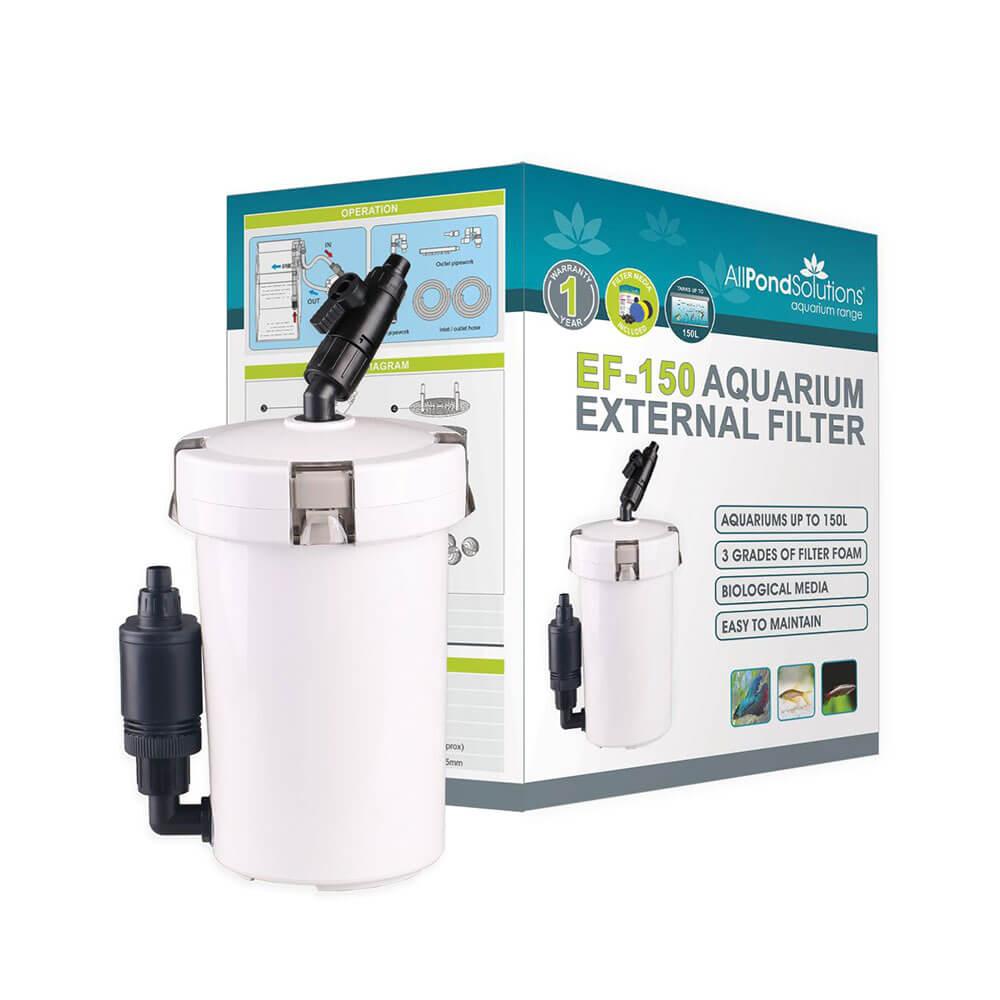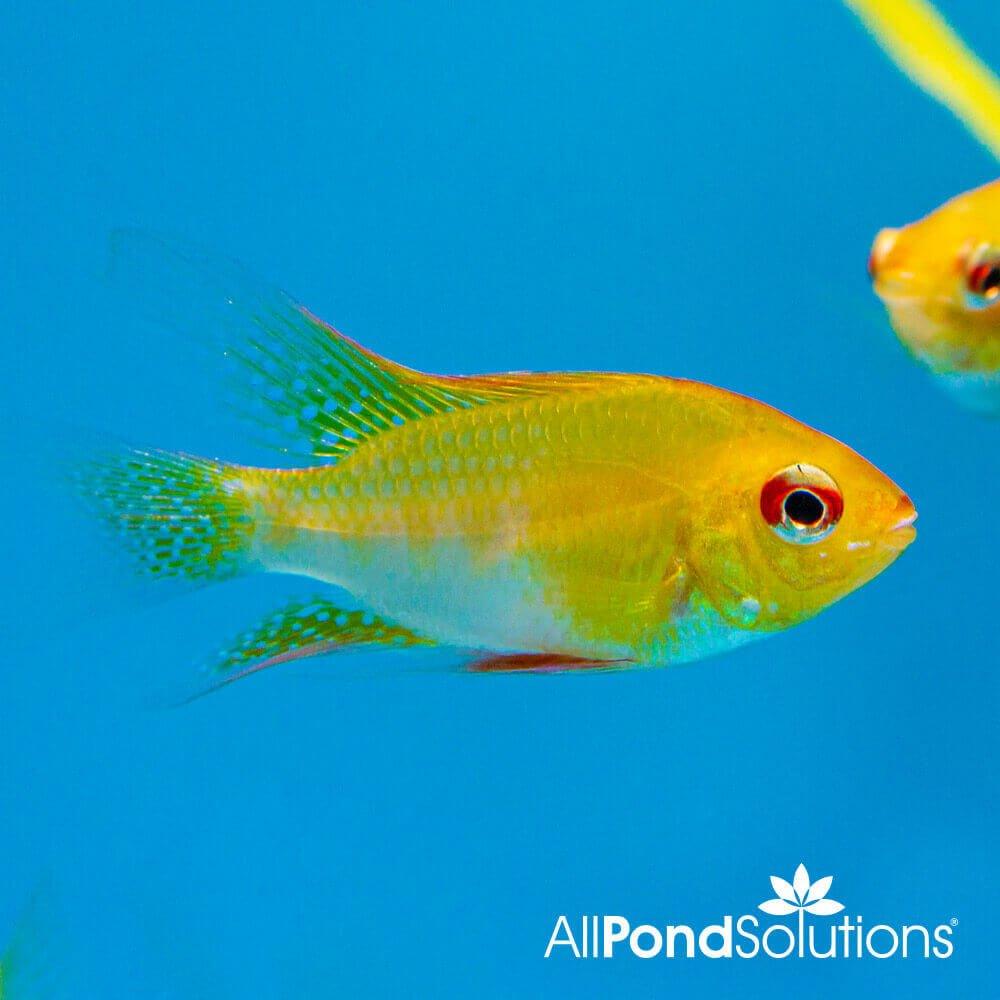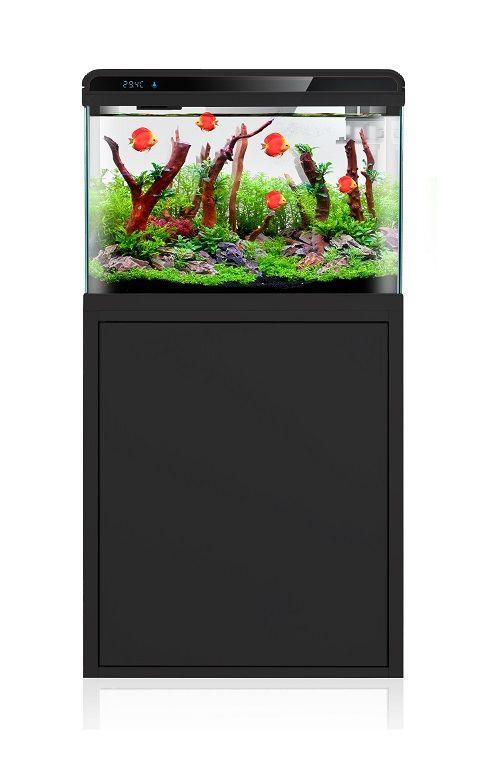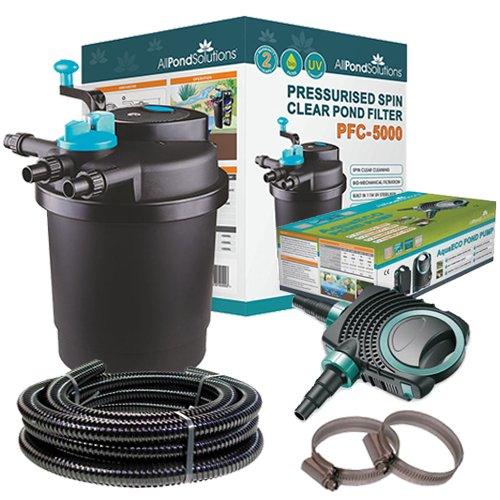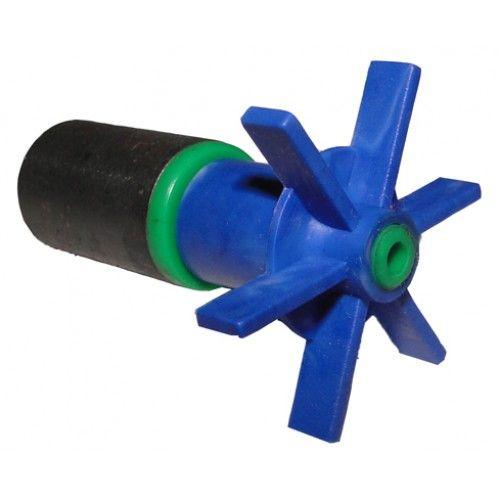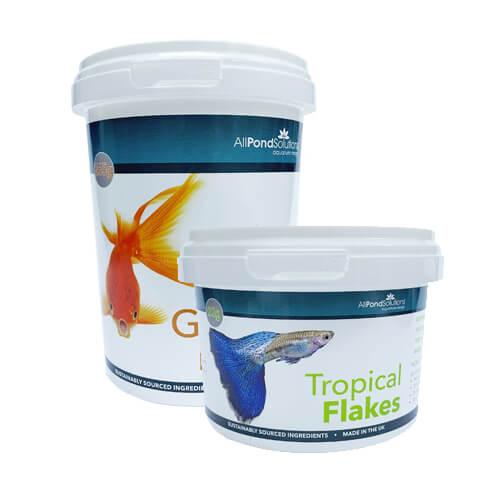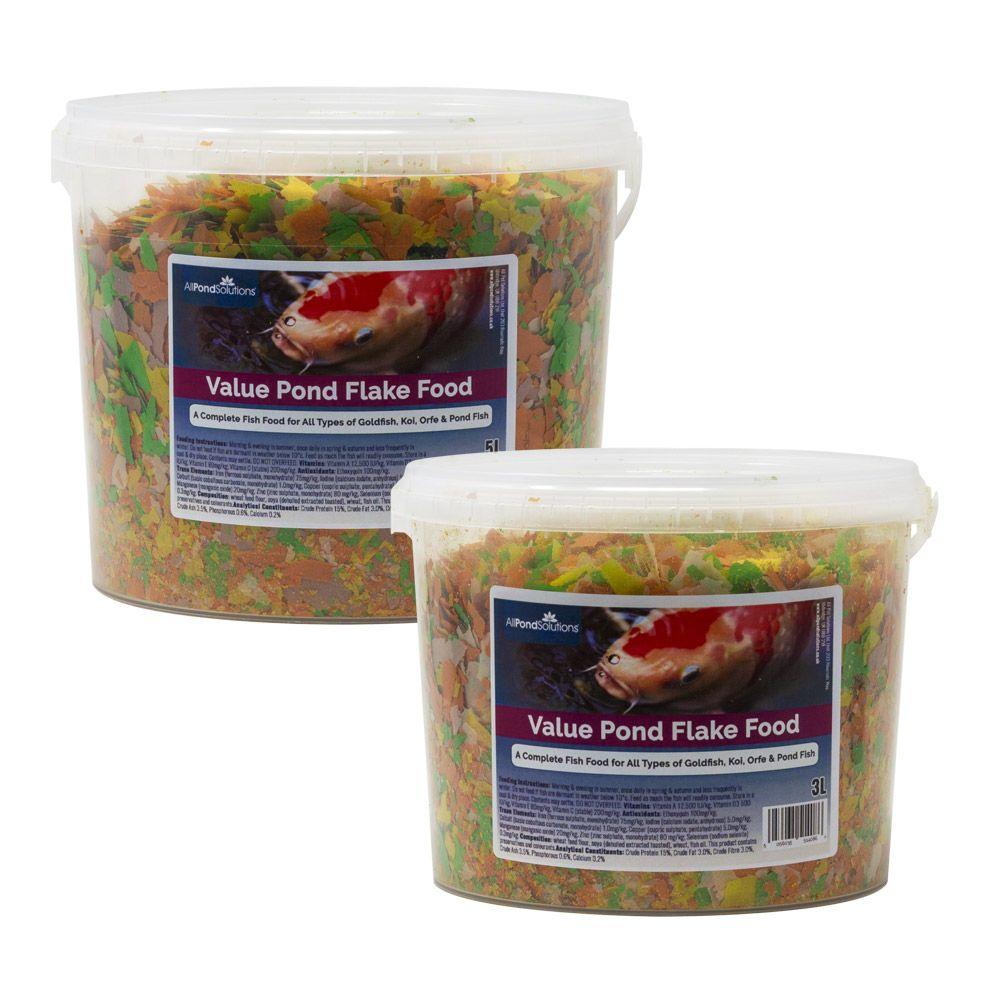Scientific Name: Mikrogeophagus ramirezi
Please note – The image used above is for illustration purposes only; Size, colour and sex may vary. Many of our livestock species are sold as juveniles and have not yet reached their full size and colour potential. If you have any concerns about the size or colour of the livestock you wish to order, please contact our livestock team via our support centre before placing your order. Due to the large quantities of livestock orders daily, the livestock team will are unable to select fish / shrimp to meet specific gender or aesthetic needs.
Approximate purchase size : 3.5 - 5cm
All Pond Solutions will always endeavour to supply as close to the approximate size range as possible. Due to variations from suppliers on rare occasions this may not always be possible. Images used are to show the full potential of the fish when fully mature and are not always representative of juvenile specimens.
How easy are they to care for?
We would class these as a medium level of care.
How large can they grow?
4cm
Where in the world are they from?
Found in the Rio Orinoco drainage within Venezuela and Colombia.
What is the ideal number to keep together?
Juveniles will happily live in groups, but mature pairs will ideally be kept with a territory of around a foot across.
What water conditions do they require?
Temperature ranges of 22 - 29 Celsius and will accept pH ranges as low as 4.0 when breeding.
What should you feed them?
Will benefit from leaf litter on the base and fine substrates to encourage natural grazing habits. Frozen foods such as bloodworm and Artemia should be offered. Will also accept fine/small sinking pellets.
How compatible are they with other fish?
Overly active fish should be avoided as they may out compete for food sources. Best kept with slow moving, docile species.
Can they be bred in captivity?
Breeding is possible in the private setup but stringent maintenance regimes and feeding must be adhered to and is unlikely to breed with other fish present.
